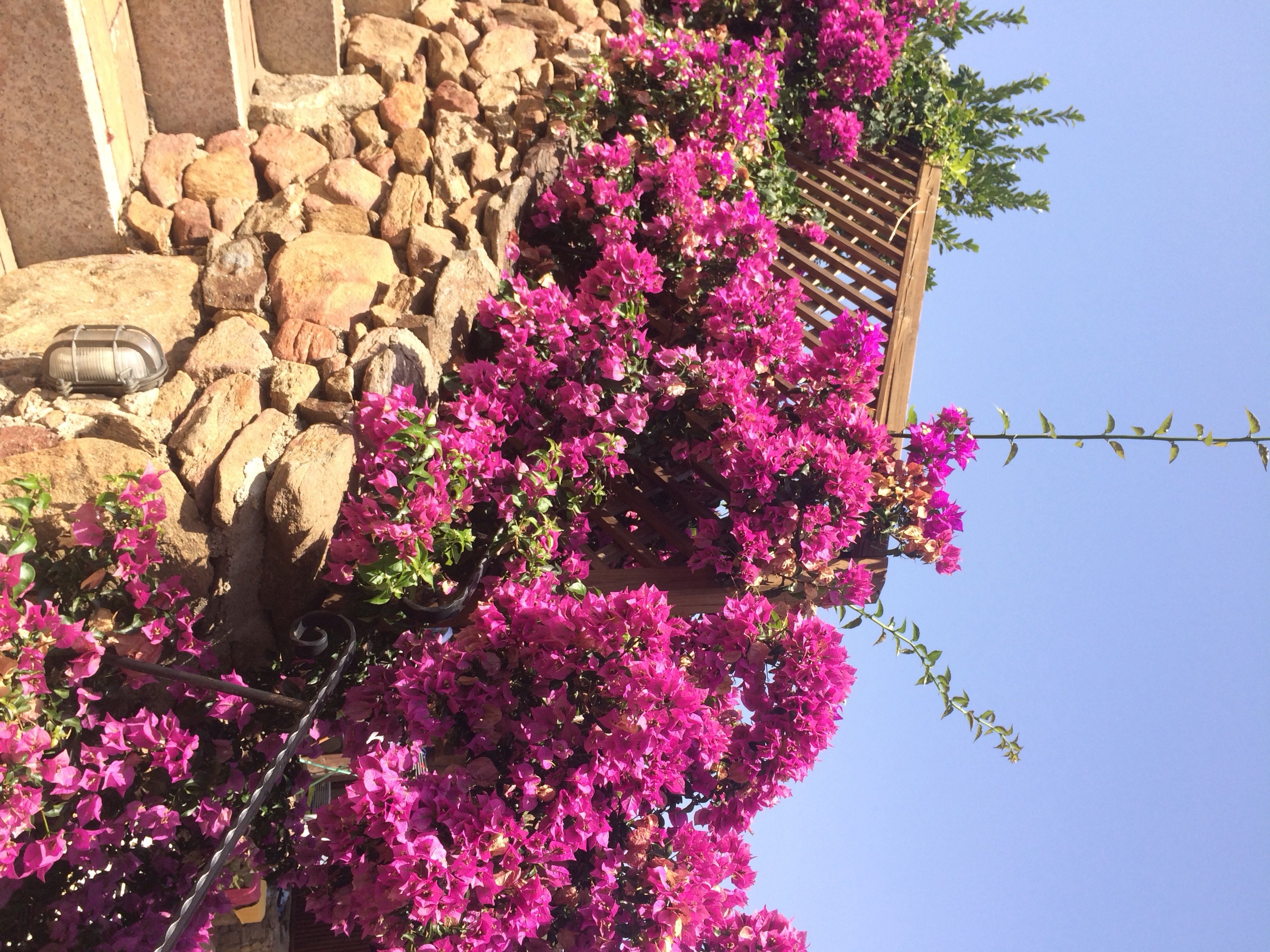This Forum will close on Wednesday 27 March, 2024. Please refer to the announcement on the Discussions page for further detail.
Anyone else with pollen allergies?
 Montyfangirl
Posts: 66
Montyfangirl
Posts: 66
I love my gardening but as my daughter and I have terrible pollen allergies I'm having to plan carefully for our new garden.
Just wondering if anyone else has to battle with hayer/pollen allergies?
0
Posts
The only way I survive the pollen is a tablet daily from March to October.
Try local organic honey, it is supposed to build up some immunity & start anti-histamines early in the season
Last edited: 18 February 2018 14:57:41
I'm allergic to something which makes my eyes and nose run bot, as far as I'm aware, pollen so I too take a daily anti-histamine for that period.
Avoid growing high pollen plants that are wind pollinated so trees with catkins and ornamental grasses. The Royal College of Pathologists has a downloadable PDF about a low allergen garden that may help you.
thanks Obelixx, that leaflet is helpful though some of the plants I would probably find high pollen. I recently bought a safe gardening book about plants and pollen by Tom Ogren. It took me days to get through but I've now got a great list of plants to focus on and others to greet well clear of.
Mark56 - not much local honey available here, did manage to get some this year though at £8 a jar. I much prefer that than anti-histamine tablets. I've found taking turmeric over the last few years has helped reduce my allergies a little.
Another use for turmeric! Lots of us are now taking it for assorted inflammations such as arthritic bits and finding it's magic.
Thanks PF but I'm not on any other meds except arnica gel for bruised knees!
I've been getting terrible allergies since the end of Jan - I'm guessing from the early tree pollen - catkins etc. It's early though, even for me.
MFG, people are often most allergic to one type of pollen - flowers, grasses (May-Oct) or trees (Jan-May), which have their pollen high point at different times (and can change / disappear over a lifetime). It maybe that flowers are not the problem, in which case you could plant whichever you like.
I don't know the data on how affected people are by their own gardens. I would imagine, for the most part, it is light, regional pollen that is most strongly felt - the pollen suffused on vast sky currents. It can commonly travel over 1000 km and is dense at 30m+ above ground level. Light, dry pollen (carried on wind, not predominantly by insects) include most from grasses and trees, which is why they tend to cause most problems. Also flowers like dandelions, ragweed and most staple food crops like wheat and oats. Plants generating wind-carried pollen tends to produce vast amounts because they can't direct where it will go - more of a huge scatter gun approach.
Assuming the garden does make a difference, the more hypoallergenic flowers are those not pollinated by wind (originally) but by birds or insects (the pollen being heavier than that carried by wind). Plants with heavier pollen, with less itchy feet, include hydrangeas, peonies and foxgloves. Plants pollinated by birds, like the humming bird, (see Ornithophily) include most red flowers (which insects can't see). These often tend to originate from warmer / tropical parts, like zinnias and red salvias.
https://www.allergicliving.com/2011/06/09/flowers-for-the-pollen-averse/
https://books.google.co.uk/books?id=vr9EDwAAQBAJ&pg=PA197&lpg=PA197&dq=pollen++height+atmosphere&source=bl&ots=wWHOynbtpA&sig=lrYl6up-q0Lx1UD69WxJ03fTC0w&hl=en&sa=X&ved=0ahUKEwis8-6Zl7DZAhVnAcAKHRwvD0Y4ChDoAQg8MAU#v=onepage&q=pollen%20%20height%20atmosphere&f=false
Last edited: 18 February 2018 20:08:58
I can keep my pollen allergy under control with anti-histamine although when it is very bad I can take up to 3 times the usual dosage.
Unchecked it has developed into asthma, raised red skin rashes and eye blisters in the past. So long as I get ahead of it and get a build up of anti-histamine it is managable though. I don't have to ration what I grow in the garden happily although I think it is grass pollen that affects me most.?
As an aside, there is some potential link between high anti-histamine use and Alzheimers. I grew up popping AH like Smarties, esp in my teens and twenties, so I am hesitant to use them now unless the conditions are terrible.
https://www.nhs.uk/news/medication/media-dementia-scare-over-hay-fever-and-sleep-drugs/
Last edited: 18 February 2018 20:24:21
That's interesting, haven't heard about that before, Firefly
It says in that article the increased risk was only found in people medicating everyday for 3 years though not seasonally which is a relief.
I cannot recommend having asthma to anyone, it is most frightening, so medicating is the right choice for me.